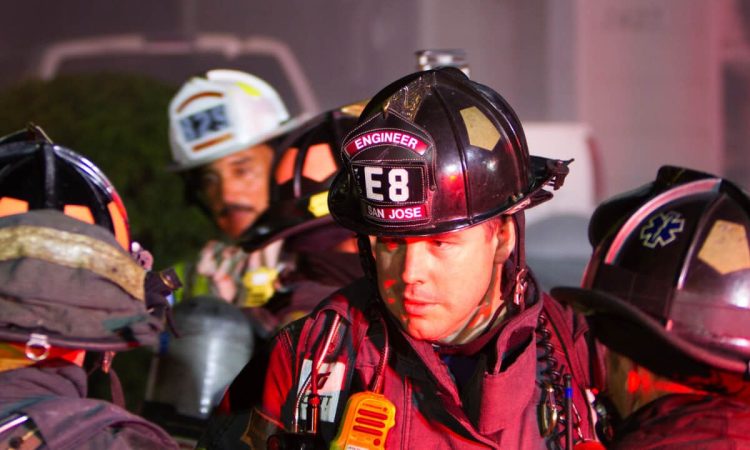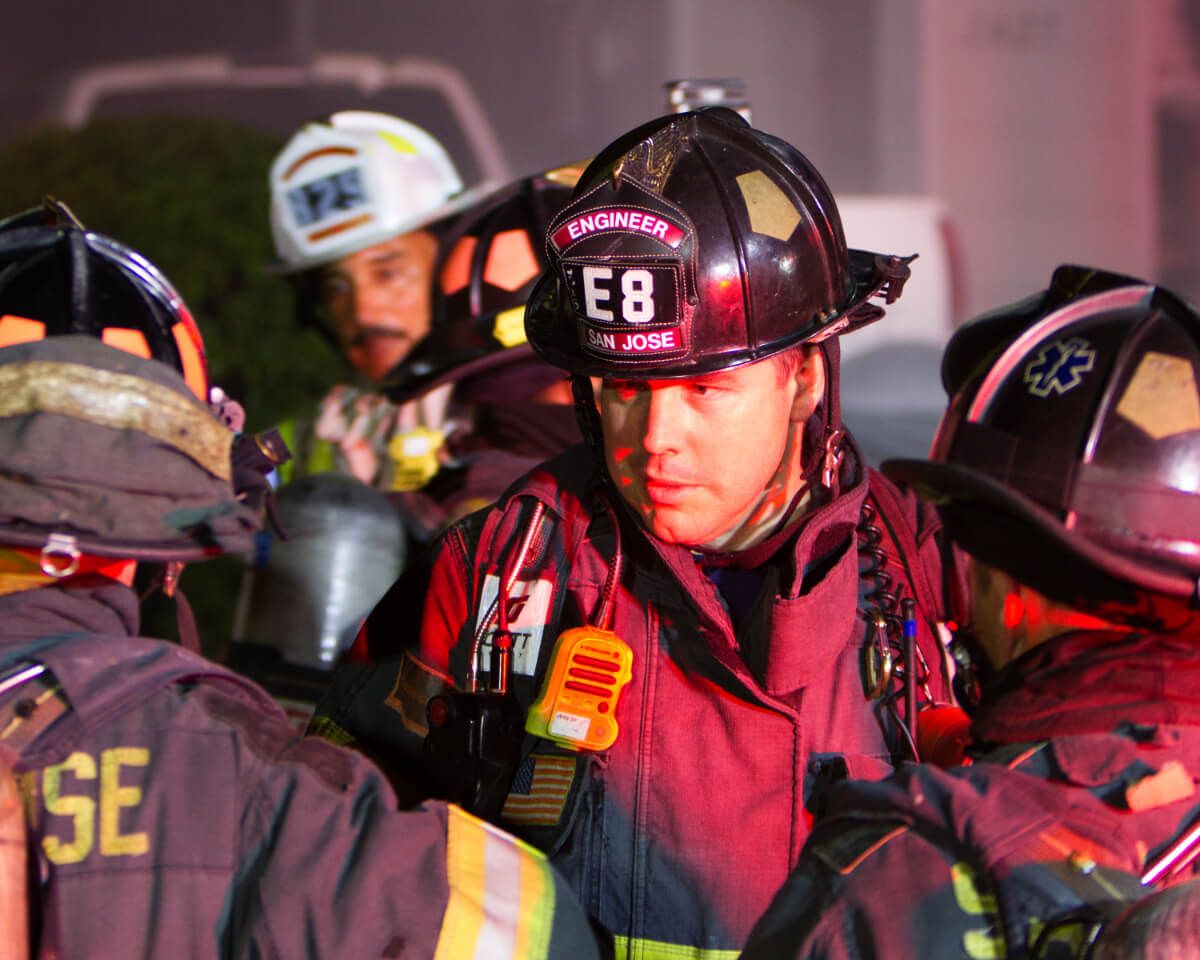Defending Religious Rights in the Line of Duty: California Court of Appeals Sides with San Jose Firefighters Over Vaccine Mandate Dispute

In a significant ruling by the California Court of Appeals, a group of San Jose firefighters secured a legal victory after challenging their placement on involuntary, unpaid leave due to noncompliance with COVID-19 vaccine mandates. This decision sheds light on the ongoing legal complexities surrounding COVID-19 mandates and the balance between public health policies and religious liberties.

The case, heard by the U.S. Sixth District Court of Appeals, involved five San Jose firefighters—Christopher Bingham, Anthony Dixon, Aleksandr Girzhu, Luke Goodrich, and Brendan Kasten—who, citing religious convictions, declined the COVID-19 vaccine. Represented by the Pacific Justice Institute (PJI), these firefighters argued that receiving the vaccine conflicted with their faith. Specifically, they raised concerns about “the use of fetal cells in the inoculations” and the belief that being compelled to vaccinate was incompatible with treating their bodies as “a temple of the Holy Spirit.”
Initially, the city of San Jose granted religious exemptions in 2021, but that same year, Santa Clara County introduced an updated mandate for workers in higher-risk roles, including first responders, which required vaccination and booster compliance by January 24, 2022. The county’s directive barred employers from offering accommodations for religious exemptions for employees in certain public-facing roles, including firefighters, police, and healthcare workers. As a result, the five firefighters were placed on unpaid leave for five weeks due to their noncompliance.
The Pacific Justice Institute filed a legal complaint against the City of San Jose, arguing that the leave constituted “financial harm” to the firefighters, who lost pension accrual time, seniority status, and suffered income loss. According to PJI, the county’s actions unjustly forced the firefighters into a position that disregarded their religious rights. However, Santa Clara Superior Court Judge Frederick S. Chung dismissed the initial complaint, ruling that the firefighters had effectively “voluntarily disabled” themselves by refusing vaccination and that no other accommodations were possible.
Dissatisfied with the dismissal, PJI appealed, maintaining that the firefighters’ leave was not a voluntary disability but an infringement upon their religious rights. They argued that the unpaid leave amounted to an “adverse employment action,” a position the appellate court ultimately found compelling.
Justice Daniel H. Bromberg, writing for the Sixth District Court of Appeals, sided with the firefighters, reversing the lower court’s decision. He stated that the City of San Jose “failed to offer any persuasive reason why involuntary unpaid leave exceeding a month should not be considered an adverse employment action,” adding that the city had not cited any legal precedent supporting the necessity of unpaid leave as the only option available to employees seeking religious accommodation.
The Pacific Justice Institute, whose mission includes advocating for religious liberties, applauded the appellate court’s ruling. Kevin Snider, PJI’s lead attorney in the case, emphasized the importance of allowing first responders to remain available for duty, stating, “Public safety requires that all first responders be available for service. The City exercised poor judgment by keeping firefighters sidelined.”
The ruling underscores the tension between public health policies and religious accommodations, especially in emergency response roles. As vaccine mandates continue to be reviewed and adjusted, the case of the San Jose firefighters illustrates the legal and ethical challenges governments and municipalities face in respecting both public safety and religious freedoms. This ruling may set a precedent for other cases where religious exemptions to COVID-19 mandates are being contested, potentially shaping future policies at the intersection of faith, health, and employment rights.




